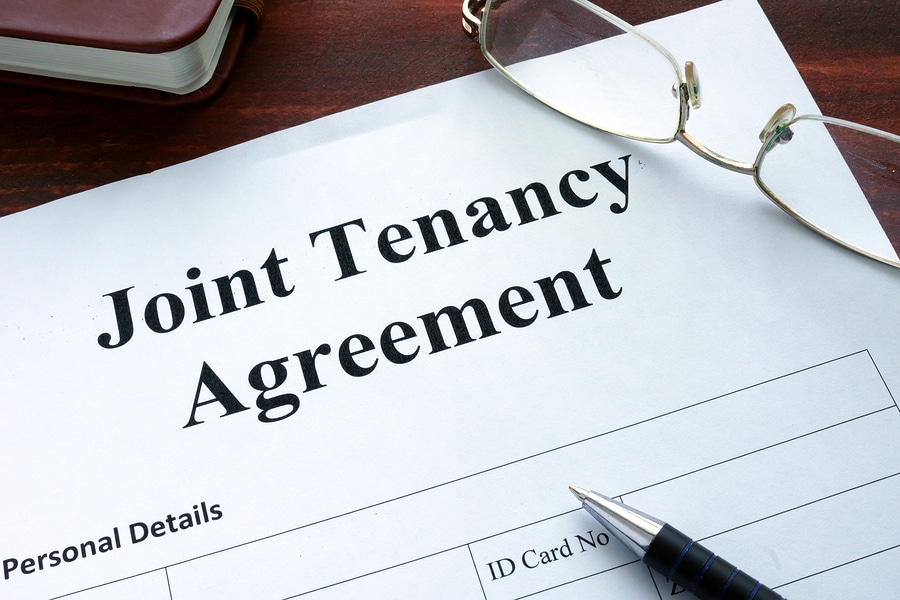A deed is written evidence of ownership of real property, such as the family home or other real estate. When property is sold or otherwise transferred between owners, a new deed that memorializes this transaction is then created. Arizona recognizes a number of different types of deeds.
Each deed serves a different purpose so it is important to know how they work and how the different types of deeds convey property. Although a real estate attorney may initially draft certain deeds, property deeds play an important part in the estate planning process.
It’s also important to note that deeds are only valid if they are submitted to the recorder of deeds for your county. As with many other legal processes, titling a property and recording its deed can take some time. It’s important to work with your attorney and plan ahead, to ensure that you give yourself enough time to handle all of the details.
Warranty Deeds
Warranty deeds are utilized when transferring ownership of real property from a grantor to a grantee. These types of deeds can be broken down into two further categories.
General warranty deeds guarantee that nobody else has any claims to the property. They offer the grantee, the person receiving the property, a number of title covenants. These include a guarantee that the property is free from any liens, such as mortgages, encumbrances or other title defects. These deeds are generally utilized when the grantor sells the property.
On the other hand, special warranty deeds offer fewer protections than general warranty deeds. They only offer two protections: the grantor warrants that they have received the title to the property, and that the grantor did not add any title defects to the property while they owned it.
Generally, when real property, such as a family home, is placed into a revocable living trust, it is conveyed through a special warranty deed.
Quitclaim Deed
A quitclaim deed offers the least amount of protection to the grantee. When property is transferred through a quitclaim deed, there are no guarantees. The only thing being given is the grantor’s claim to that property.
Quitclaim deeds are often utilized when one spouse wants to add another spouse to the title of property they owned before their marriage. For example, if Barbara owned property before getting married to Ben, she may decide to put half of the property in Ben’s name. Utilizing a quitclaim deed, Barbara “quits” half her claim to the property, splitting ownership equally between herself and Ben.
Other parties may have ownership interests in this property. For example, Barbara may have a mortgage on her home and a home equity line of credit with her bank. The bank’s interests in the property will not go away when Barbara prepares a quitclaim deed.
Joint Tenancy Deed
One major consideration that comes into play with estate planning is avoiding probate. With joint tenancy deeds, it can be possible to avoid this process altogether.
Benefits of avoiding probate include:
- Keeping personal details out of the public court records, and
- Avoiding the costs and stress associated with the process in the aftermath of a loved one’s death
Under joint tenancy deeds, the property is held equally by two people. If the joint tenancy is with the right of survivorship, when one spouse passes, the surviving spouse will receive the entirety of the land automatically. However, if the joint tenancy is without the right of survivorship, each spouse can leave their half of the property to whomever they choose.
In our example above, if Barbara and Ben decide to hold their property in joint tenancy with right of survivorship and Barbara passes away, then Ben will automatically receive her share of the property. However, if the property is held as joint tenancy without right of survivorship, Barbara may decide to leave her ownership portion to their adult son, Charles. If Barbara dies, then Charles would own the property in joint tenancy with Ben.
Although joint tenancy with right of survivorship can let property owners avoid the probate process, land that is held without right of survivorship may still need to go through this process.
Beneficiary Deed
This type of deed can be utilized in order to avoid probate when property is owned by joint tenants with rights of survivorship and both joint tenants pass away. For example, if Barbara and Ben die in a car accident, neither would utilize their right of survivorship and the house would have to pass through probate. However, a beneficiary deed would take effect in this situation, by stating that when both Ben and Barbara die, the property would go to their son, Charles.
This article does not provide legal advice. To discuss your estate plan, please contact me to set up a consultation today.

